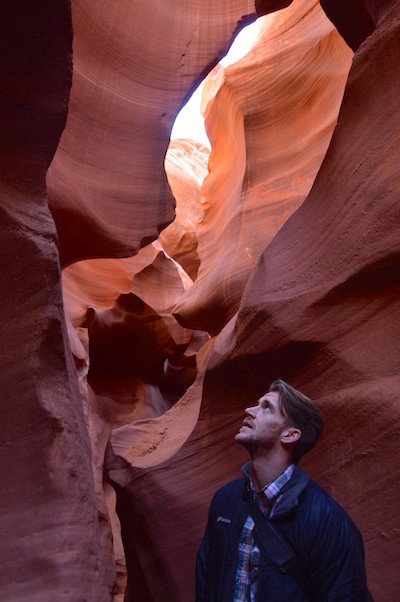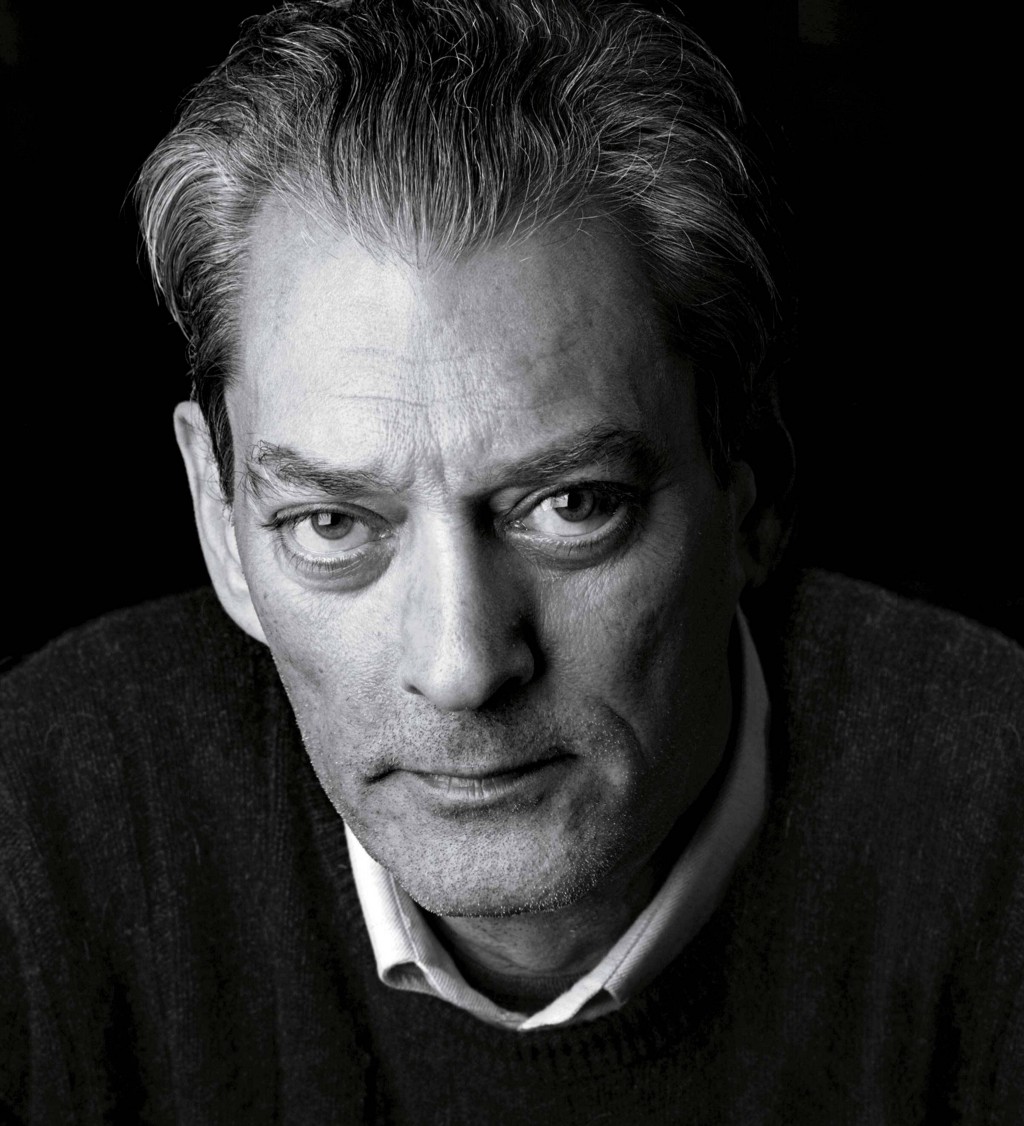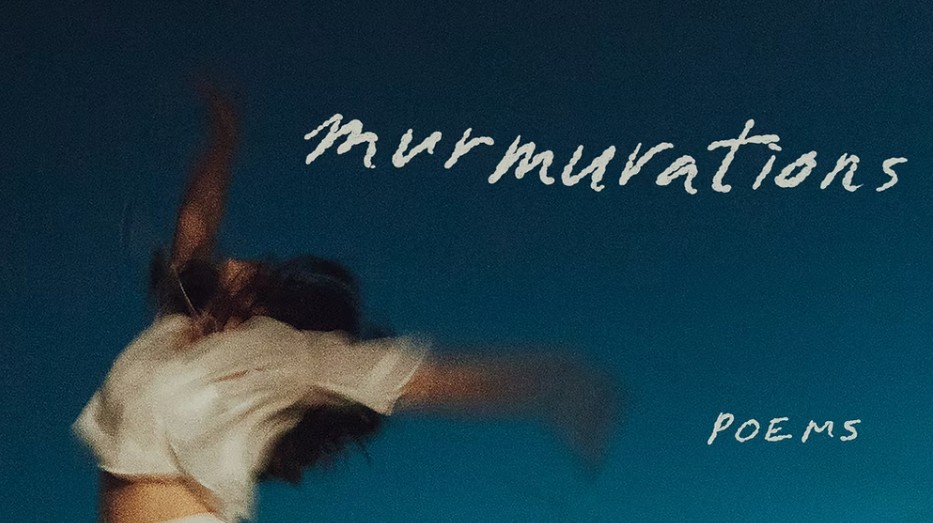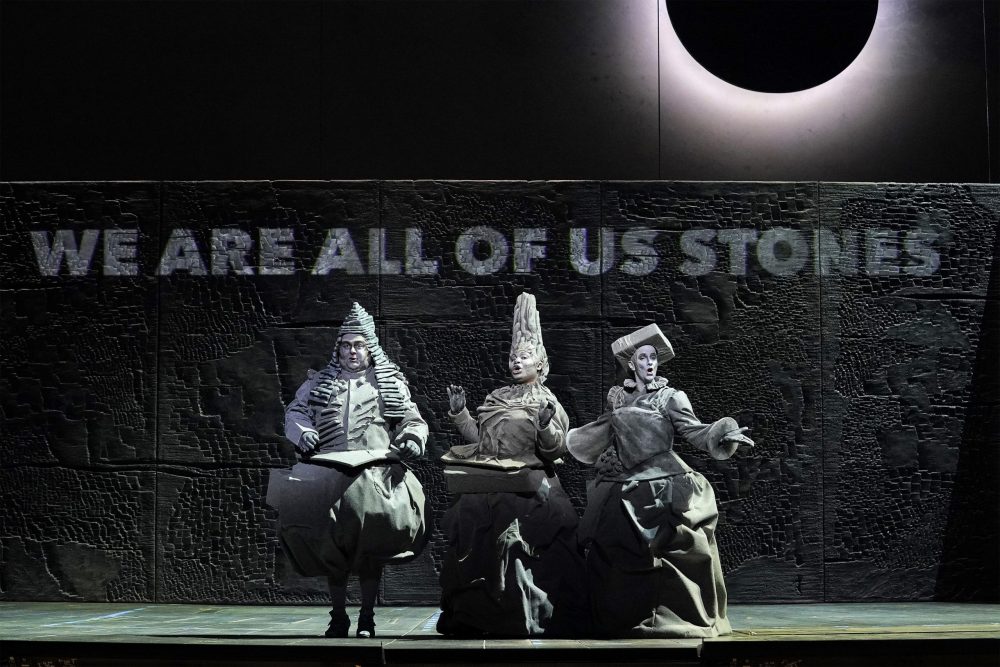Craft
Music is Happening Around Us All the Time: an Interview with Jess Williard
“We need to be cognizant of the kinds of artifice that give access to the work itself.”

Music is Happening Around Us All the Time: an Interview with Jess Williard
Earlier this year we published new work by Wisconsin poet Jess Williard. Today he answers a few questions for poetry editor Ed Skoog.
Ed Skoog: I’m curious about beginnings: how did you get started writing poetry?
Jess Williard: What got me started writing poems was reading poems, of course, and then imitating them, approximating certain gazes with my own “voice,” approximating voices with my own gaze, and then hopefully something on the other side of that.
What do you mean, more precisely, by gaze?
By “gaze” I mean the kind of appreciative, revelrous lenses I observed early on in poems, specifically poems by Philip Levine and Elizabeth Bishop. This is perhaps kind of obvious, but I was and continue to be struck by the way poems seem to be unique vehicles of gratitude in their attentions to the world. The way Levine considers time and physical landscapes in his poems, for example, are gazes that I find imminently affecting. Or Bishop’s attention to atmosphere in her poems. Or, more recently, Marie Howe’s consideration of daily minutiae; making something large out of something small by looking at it. These are the kinds of exacting, appreciative lenses I try to look through in making poems. They are borrowed lenses, but what they offer are ways of looking at the world that can animate any gaze and give it singularity.
By voice I mean finding ways to organically adopt those lenses, to make them more my own. And that’s its own way of appreciating things, I suppose; acknowledging the ways you’ve been impressed and trying to do something with that.
I read an interview with the singer The Weeknd last year in which he was asked about the influence Michael Jackson has had on his music (The Weeknd sounds a lot like Michael Jackson). “I want to make it very clear that I’m not trying to be Michael,” he said. “He’s everything to me, so you’re going to hear it in my music.” I really like that. I think that making things involves, in some way, locating yourself on the creative continuum that existed long before you and will exist long after.
You mention The Weeknd and Michael Jackson — what does contemporary music mean to you as a poet? As a person who write poems?
Contemporary music means a whole lot to me as a person who writes poems! I mentioned “atmosphere” earlier, which I think is something that music can manufacture in ways nothing else can. To this I think poems can and should aspire. How that happens on the page, exactly, I’m not sure (though I can point to many successful examples: Keats! Plath! Carolyn Forché! Brigit Kelly!), but it’s part of the magic that can occur in the discrete space of a song or a poem.
And speaking of discrete spaces, I think the album as both a collection of discrete song-units and a single, cohesive whole is the most useful model or correlative to the book/group of poems. The way pieces can bleed into and speak to one another while casting their own individual shadows is something best demonstrated in albums, I think. The best books of poetry exist in that way, rewarding both a read of a single poem and an entire sequence. I see so much overlap there.
As far as contemporary music specifically, I don’t think it’s acknowledged enough that music is happening around us all the time. It’s the result of proliferative technologies, but it’s also (and I think more importantly) an aesthetic and creative evolution. When I watch older movies I’m always astonished at how quiet they are — there’s no background music urging a constant pathos. Atmosphere there is cultivated by different means. But so much contemporary music is used as under-girding and is consumed passively. I suppose this is all to say that it deserves being paid attention to, especially with the idea of understanding and creating atmosphere in mind.
Contemporary music, specifically hip-hop, also utilizes what we often refer to as the “speaker” in poetry; a voice or perspective that directs the piece but isn’t necessarily the voice of the artist or author. That’s so interesting to me! And especially interesting for the ways in which these identities within and without the text get confused. As artists I think we need to be cognizant of the kinds of artifice that give access to the work itself. I’d like to hear musicians talk about this more.
I like what you say about atmosphere and quietness in old movies and certain music. Poetry gives us this, of course. If it’s something we seem to need so badly, why is it so rare?
Oh man, I wish I knew. It probably has something to with the de-valuing of real attentions, the kinds of perceptive faculties that can absorb nuance and subtly. Similar to the way the act of reading has been reduced, in many ways, to a character limit. It also probably relates to that passive mode of consumption I mentioned before, where there’s such a constant stream of stimuli that it becomes tuned out, easily ignorable if it isn’t super sensational.








